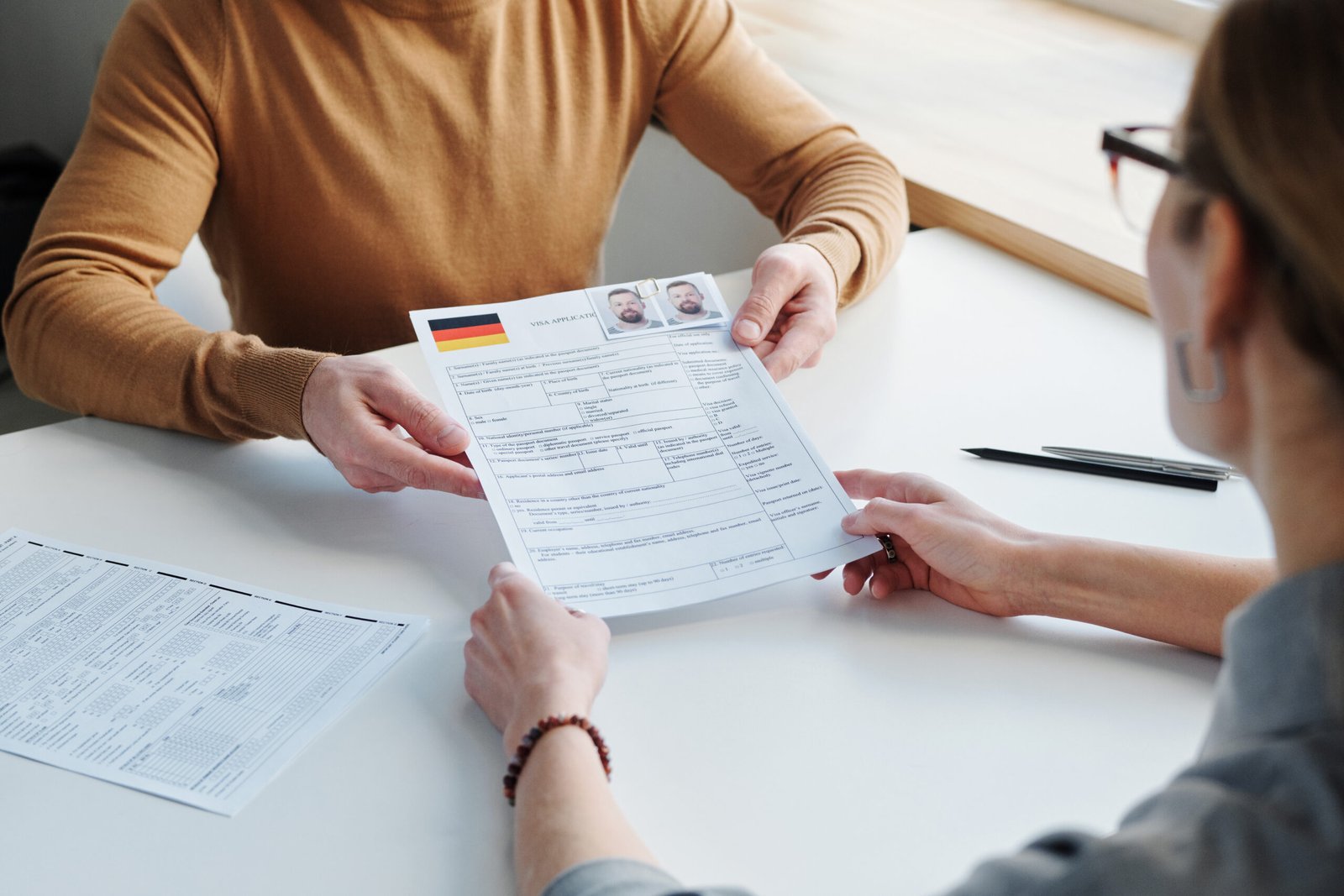Germany offers a highly regulated and business-friendly environment, making it an attractive destination for entrepreneurs. However, starting a business here involves meticulous planning and adherence to administrative requirements. Having all the necessary documents prepared can significantly simplify the process. Below is a detailed guide to the essential paperwork you will need.
1. Business Registration Form (Gewerbeanmeldung)
- Your business name (registered name under which you will operate)
- The type of business activity (industry, services, or products offered)
- Your business address (official location of your business)
- Personal details, including your full name and contact information
Most municipalities provide this form online, but you can also fill it out in person. Ensure all information is accurate, as errors can delay the registration process.
2. Proof of Identity
To validate your registration, you must present a valid form of identification. The requirements differ depending on your residency status:
- EU Residents: National ID card or passport.
- Non-EU Residents: Passport, along with a residence permit (Aufenthaltstitel) or visa that explicitly allows business activities.
If you are not fluent in German, bringing a translator or hiring a legal representative can help ensure the process goes smoothly.
3. Proof of Business Address
Every business in Germany must have a registered address. This address serves as the official location for correspondence and tax purposes. Acceptable forms of proof include:
- A signed lease agreement for your office, shop, or workspace
- A recent utility bill listing the address
- A notarized letter from a landlord granting permission to use the property for business purposes
Virtual offices may be permissible for certain business types, but it’s essential to check local regulations.
4. Tax Identification Number (Steuernummer)
The tax identification number (Steuernummer) is issued by the local tax office (Finanzamt) after your business registration. This number is crucial for filing taxes and conducting financial transactions. Additionally, businesses that are subject to value-added tax (VAT) must apply for a VAT number (Umsatzsteuer-Identifikationsnummer).
When applying, you may need to provide:
- Your business registration certificate
- Bank account details
- Expected annual revenue
5. Articles of Association (Gesellschaftsvertrag)
For businesses such as limited liability companies (GmbH) or partnerships, the articles of association are a mandatory document. These articles define the company’s:
- Ownership structure (shareholders and their stakes)
- Decision-making processes
- Operational rules
- Profit distribution policies
Drafting this document requires notarization and, in many cases, legal expertise to ensure compliance with German corporate laws.
6. Trade License (Gewerbeschein)
Upon completing your registration, you will receive a trade license (Gewerbeschein). This certificate acts as proof that your business is authorized to operate legally in Germany. Some activities may require additional approvals or permits from specialized authorities, depending on the industry.
7. Professional Licenses or Permits
Certain professions and industries in Germany require special licensing or permits to operate. Examples include:
- Medical practitioners (e.g., doctors, dentists)
- Financial consultants and accountants
- Construction and real estate professionals
Verify the specific requirements for your industry with local authorities to avoid any legal complications.
8. Business Bank Account Details
A separate business bank account is a legal requirement for many business types, particularly GmbHs. Having a dedicated account simplifies financial management and ensures transparency in transactions. When opening an account, you’ll need:
- A valid ID
- Business registration certificate
- Articles of association (if applicable)
Compare banking services to find one that suits your business’s needs, considering fees and online accessibility.
9. Social Security and Employment Registration
If you plan to hire employees, registering with the relevant social security authorities is mandatory. This involves:
- Obtaining an employer number (Betriebsnummer)
- Registering employees with health insurance providers
- Setting up payroll systems to deduct income tax and social security contributions
Ensure compliance with German labor laws to avoid penalties.
10. Insurance Policies
While not all businesses are legally required to have insurance, certain types are highly recommended or mandatory. For example:
- Liability Insurance (Haftpflichtversicherung): Protects against claims for damages caused by your business.
- Professional Indemnity Insurance: Essential for consultants and service providers.
- Property Insurance: Covers damage to your physical assets, such as office equipment or inventory.
Review your industry’s requirements and consider additional coverage based on potential risks.
Conclusion
Setting up a business in Germany requires thorough preparation and a clear understanding of the necessary documents. By gathering all required paperwork in advance, you can streamline the registration process and avoid unnecessary delays. For complex cases, consulting with a legal or financial advisor is highly recommended. With the right preparation, you’ll be well on your way to establishing a successful business in Germany.

